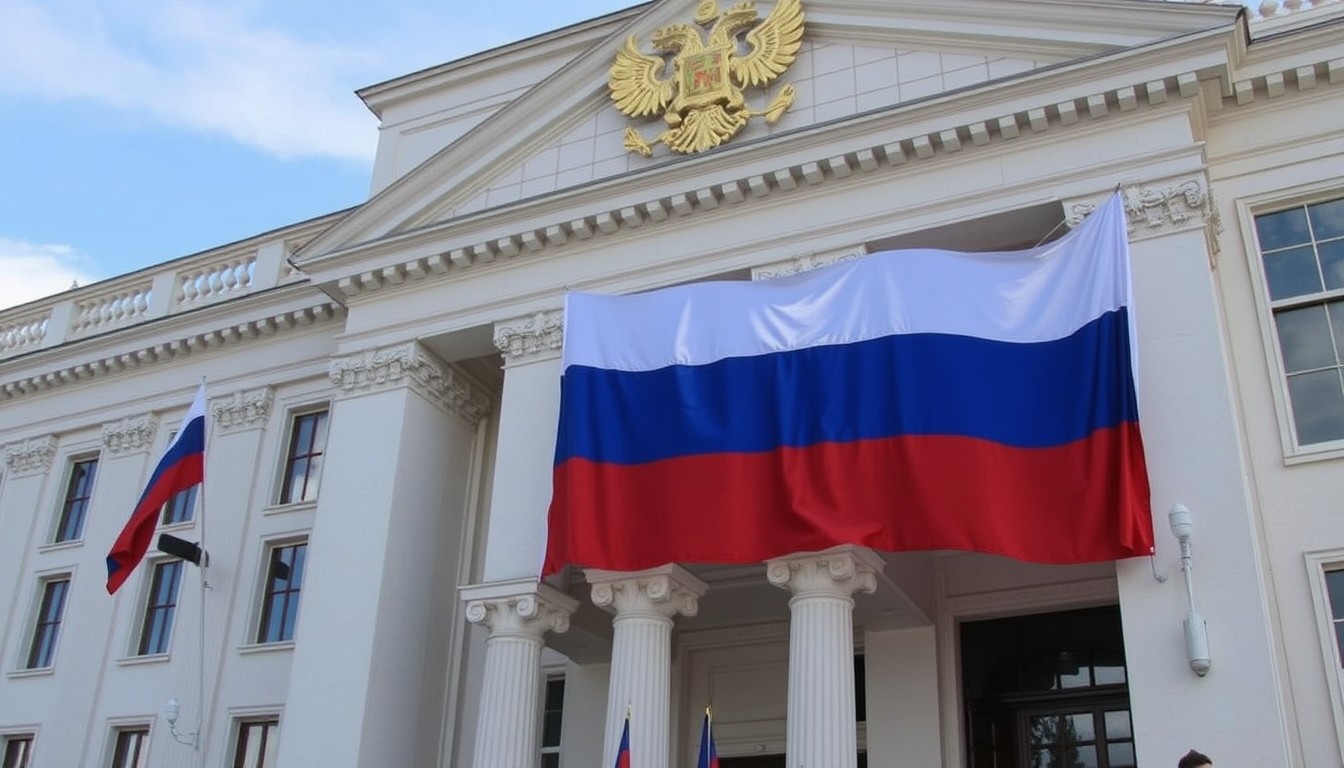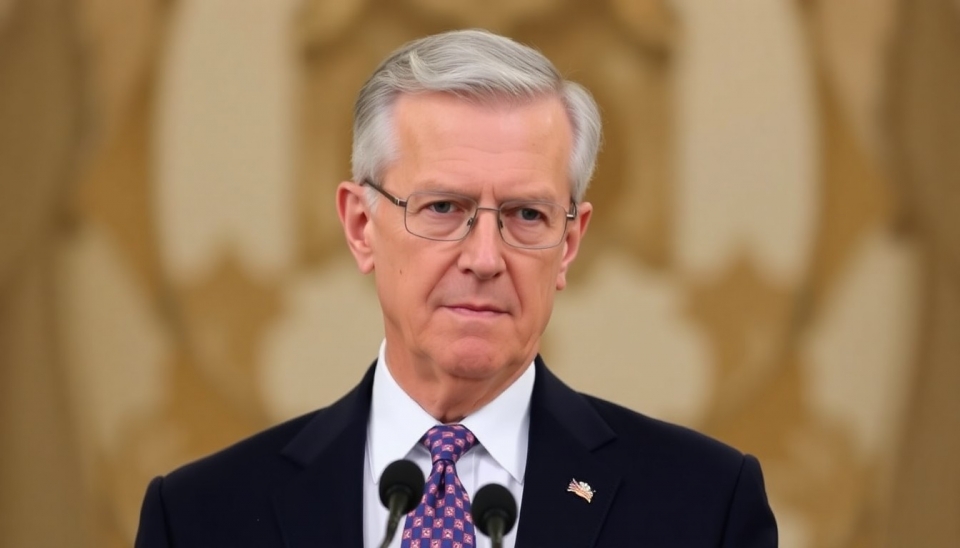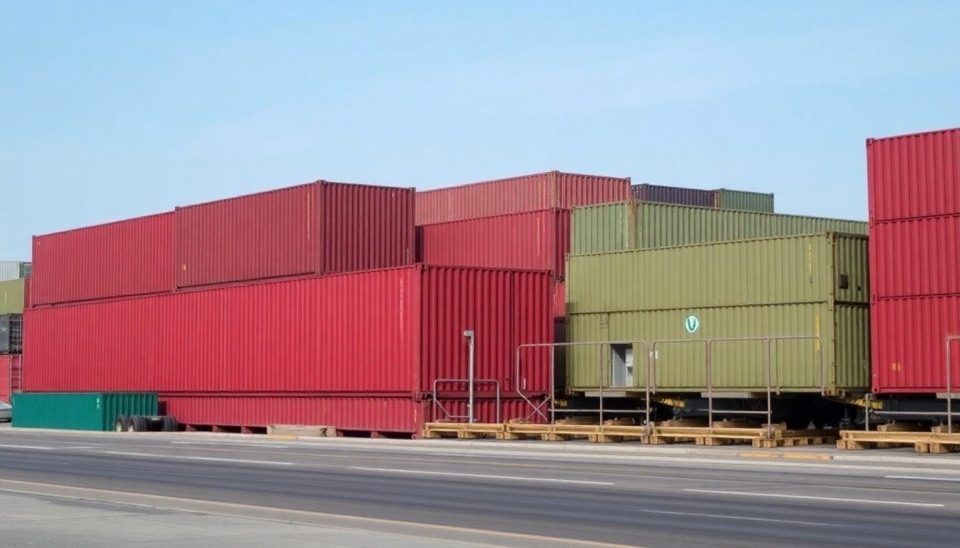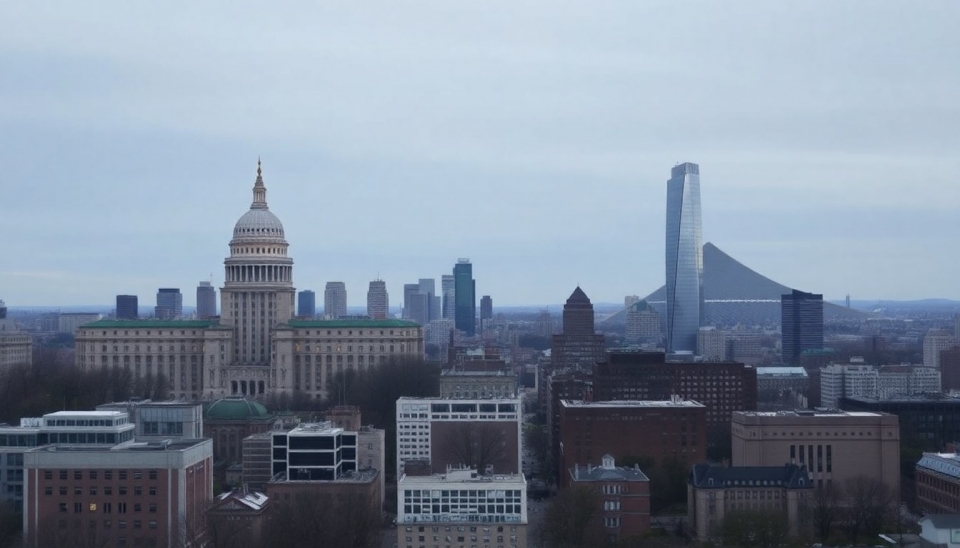Russia Raises Interest Rate to 19% Amid Slight Slowdown in Price Growth

The Central Bank of Russia has decided to increase the key interest rate by 100 basis points to 19%, despite a slight decrease in inflation within the country. This decision is a response to the ongoing financial risks and the need to maintain stability in the economy. Amid market turbulence and a weakening ruble, the regulator aims to control price growth and keep inflation in check.
According to the latest data, inflation in Russia reached 4.5% in August. However, despite this, the Central Bank believes that the risks to the price level remain significant, prompting this decision. The increase in interest rates is intended to restrain consumer demand and, consequently, reduce inflationary pressure. Economists expect that this decision may negatively impact economic growth in the short term.
Analysts note that such a policy could raise borrowing costs for businesses and consumers, complicating economic recovery in the country. However, the regulator emphasizes that the main goal is to maintain financial stability and the strength of the ruble.
This decision has already sparked serious discussions among economists and experts, many of whom express concerns about the potential negative impact on the investment climate in the country. In the context of global uncertainty and heightened risks associated with sanctions and internal economic issues, this measure may prove challenging to implement in the long run.
Overall, the increase in interest rates is part of a broader strategy by the Central Bank to combat inflation and ensure financial stability. The future of the Russian economy remains uncertain, especially considering the upcoming elections and political instability.




